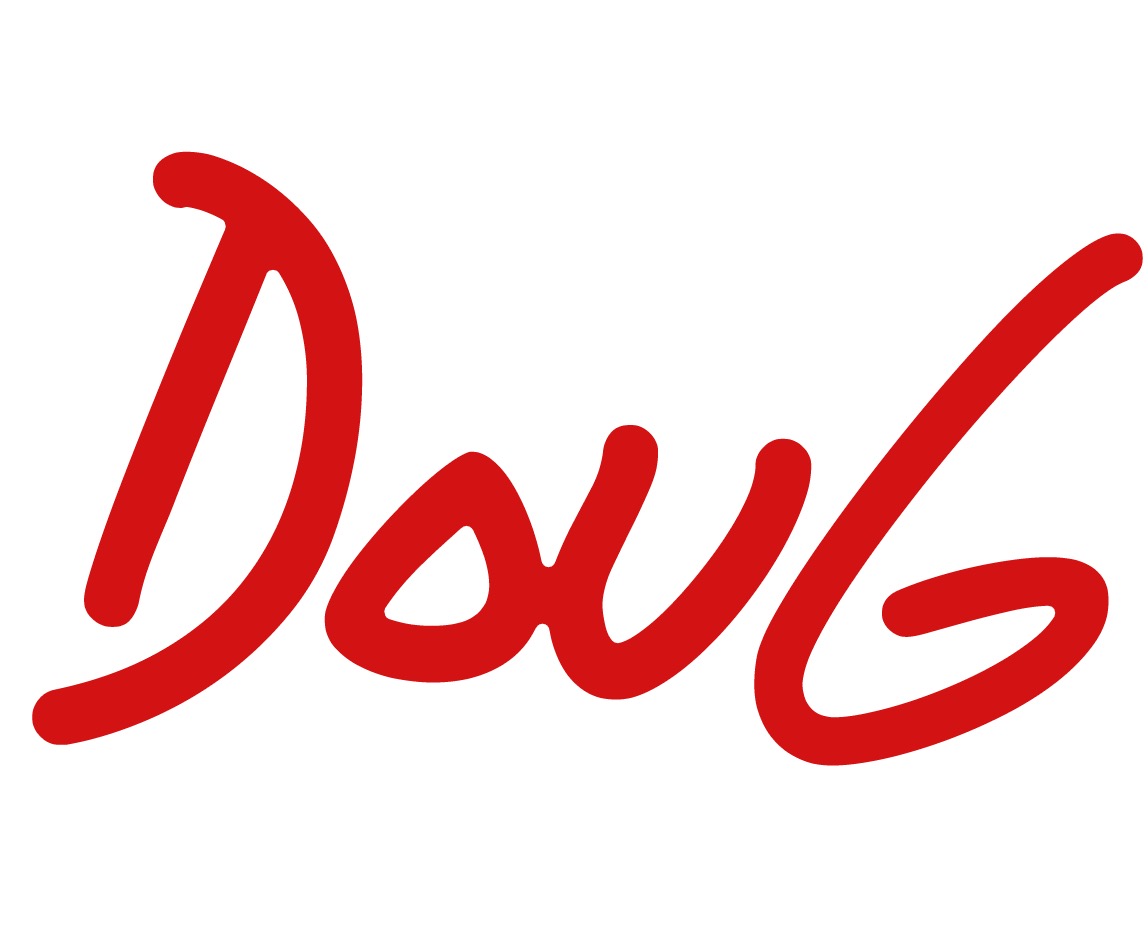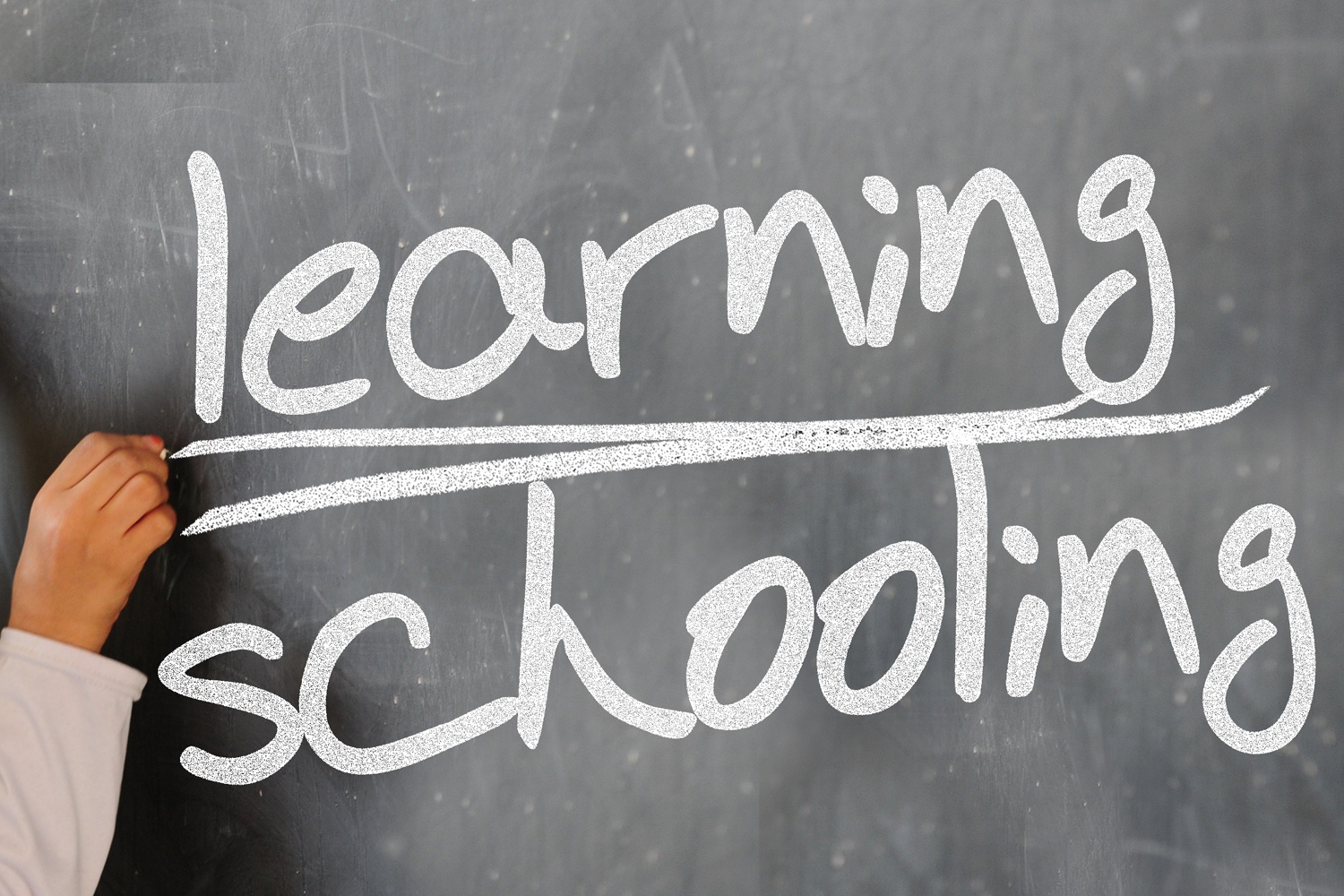This past week, there has been a lot of talk about the confirmation of the new Secretary of Education Betsy DeVos. Those in favor of her position on school choice are excited about the possibilities of competition among schools to have better educational options for children and the voucher program. This would award families opportunities to spend money toward the school of their choice (public, private or homeschooling) for their child. Those who are not in favor of school choice fear that this may erode the public education system, diverting all taxpayer dollars to private schools, and encroach upon the separation of church and state in schools.
WHAT REALLY MATTERS IN EDUCATION
When you think about one school being a “school of excellence” over another, there are many factors to take into account. First, we must understand that education isn’t a one-sized fits all approach. Each child has their unique learning styles and abilities and should be given a multitude of opportunities to succeed at a high level. No matter where that is – in public or private education – developing a school climate where achievement and efforts are recognized is important to a child’s success.
A solid infrastructure needs to be put into place to ensure that a child gets the best education possible. What does that look like? This requires the educational institution to have the following:
- School policies imparted and reinforced for a safe and inclusive environment for all students.
- Having adequate professional development for educators to improve their instruction, assessments, and ability to connect with all learners.
- Having a school improvement plan that takes into account the needs of educators and the student body.
- Providing the necessary resources to accommodate all students to progress at their unique pace.
- Making available extracurricular activities and enrichment programs for students to explore beyond the scope of the general curriculum.
Whatever side of the fence you are on regarding school choice or not, I can tell you first hand as a teacher working in the classroom with teens and tweens for 17 years, the root of a child’s success is not based on legislation and passing a voucher program for families or instituting Common Core and more testing into the curriculum. At the end of the day, the real key factors to consider for a child’s education is the support of the community, support given to students and the teachers, and the school climate created for the social-emotional well-being of all children and educators.
THE 3 Cs
Connections, care, and compassion are at the cornerstone of my practice as an educator and the work that I do within my community. In speaking with so many teachers, they agree that the relationships they have with children are the driving force behind their love of teaching and what makes the difference for student motivation and achievement.
When students leave my classroom, I want to ensure that they have developed an understanding of gratitude and appreciation. It is important for young people to internalize respect and celebrate each person’s similarities and differences to help foster trust and strong, genuine connections with others and the world around them.
These are the kinds of discussions we should be having in education, public and private, and at all levels of administration and government, in order to appropriately address the root causes of lack of motivation, failure, dropouts, violence, bullying, and other issues affecting our youth. From there, we can come up with viable solutions to ensure all students an excellent education and experience along the way.
I am excited to announce the launch of my new book The Ultimate Guide to Raising Teens and Tweens in which I discuss this topic of the right kind of education to choose for your child in more detail.
For Children!




